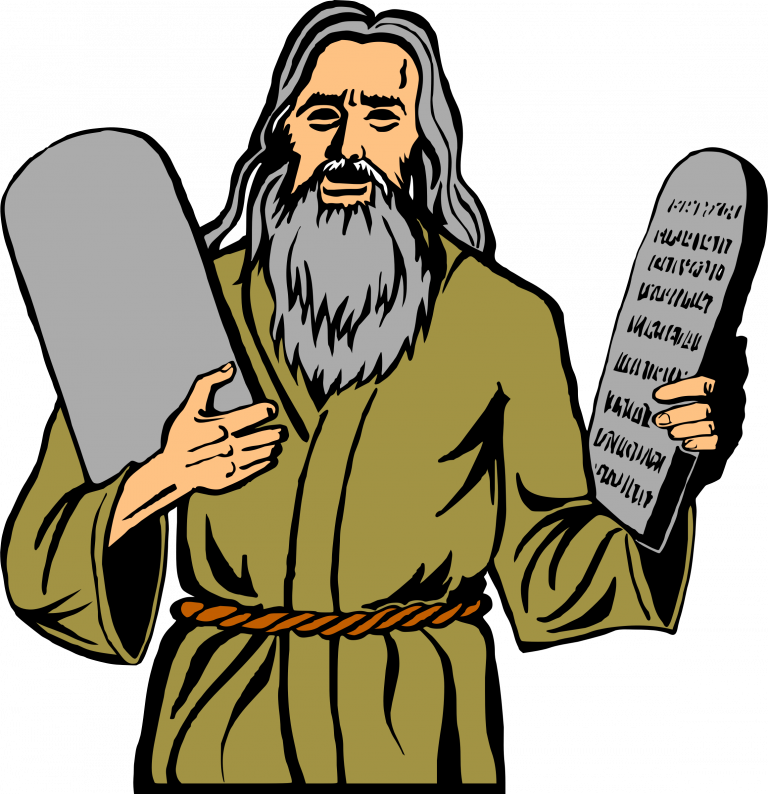Starting Leviticus in the Tyndale Cornerstone Biblical Commentary
I recently received my copy of this good looking volume from Tyndale for review, and I have summarized its features here. I noted there that this is not a book I will read once and then write a short review. Rather, I’m going to blog through it, which also means that I will be blogging through Leviticus, Numbers, and Deuteronomy. Ambitious, no?
Well, don’t expect massive detail, but I will bring thoughts as I go through and major points from the commentary so you can understand its value. I’m still working with very little reading, so I’m going to defer many points until I have read more. As of today, I completed reading of the introduction to Leviticus.
As expected, the author, David W. Baker, takes a conservative stand on authorship and dating of the book, arguing for a “life-setting back in the period of the wilderness wanderings” (p. 5). I won’t be making a major issue of my disagreements on issues such as this. My only concern is that the position of the commentator is made clear and that he engages other positions as well. Considering the length of the introduction and the size of this commentary, he is doing both quite well.
As one who thinks Christians neglect the book of Leviticus I was happy to see that Baker is making an all-out assault on this neglect of an important portion of the Bible. Along with the typical arguments of history and theology, that this is part, even a core part, of Israel, and that we have grown from Israel, and that it is also of great historical interest, he suggests “religious reasons” and particularly that one might see it as a “handbook for worship” (p. 4). I am eager to see how he will portray that particular perspective through the book.
I’ve been a bit irritated ever since I finished my reading of Jacob Milgrom‘s commentary, because I have so many notes that I would like to use in teaching but very few of them are accessible without a serious effort in terms of teaching background and history, for which I rarely have time. Many believe the hardest part of Biblical studies is digging out details. In my view, the hardest part is developing an understanding to the point at which one can express it clearly and comprehensibly. After reading the his introduction, I am looking to Baker for help in that task.
I’d conclude this interaction with the introduction with the following quote:
…Whether we like it or not–and the lack of preaching and teaching from Leviticus today seems to indicate that we don’t–this book is also in our canon. Leviticus is God’s Word to us in some way just as much as the Gospels. We also are an audience who must seek to determine the book’s relevance to the church in our own times.
Very much my own feelings. I am hopeful that Baker can help make it more of a reality.

